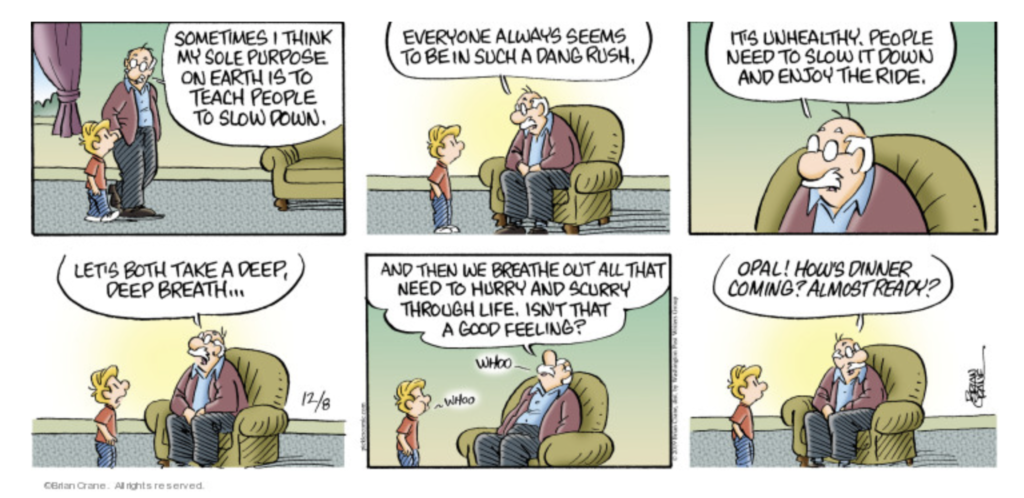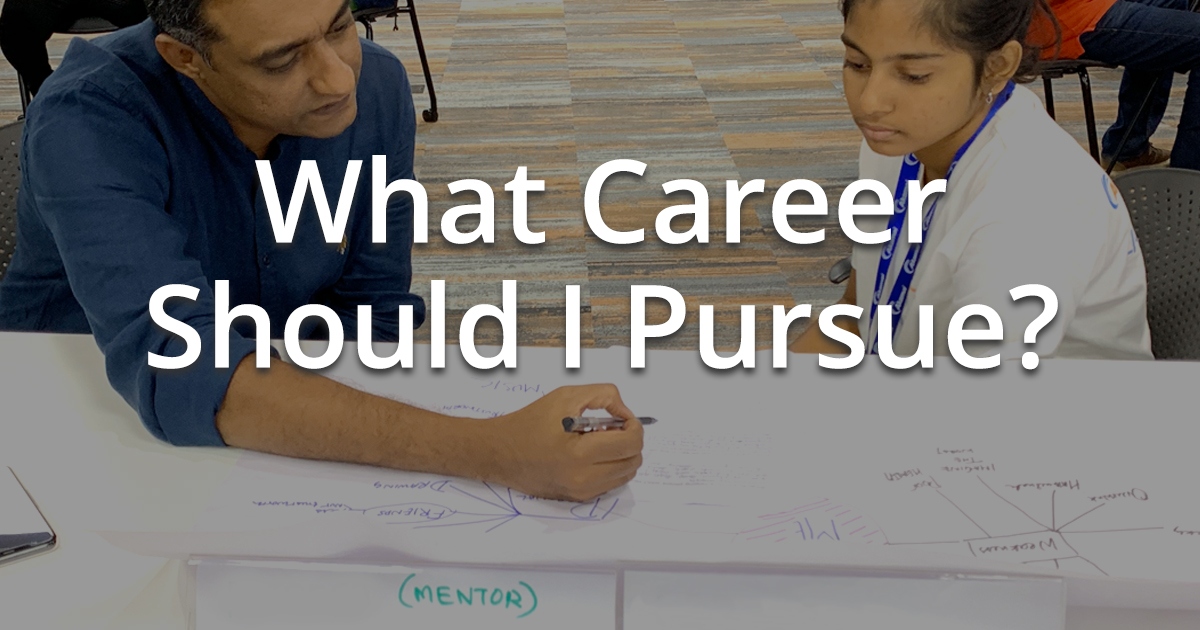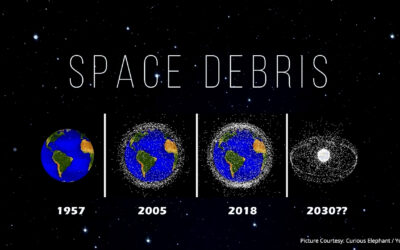The following article was written by our student, Atharva Kokate who received Career Guidance by attending our Mentorship Programs.

Choosing a career can be one of the most daunting and confusing periods of your life and everyone at some point in their life have to face the trials and tribulations that come with it. In a country where engineers and doctors are dime a dozen it’s important to get perspective on other career options and thus be more informed; more informed to make a career decision.
Every person has a unique approach to life (although there appears to be a unanimous decree on how the education system fails to provide meaningful opportunities to most of its students) and has a different thought process to things, what works for them may or may not work for you. This also proves Kierkegaard’s philosophy “Truth is Subjectivity’ i.e how truth is subjective and that same truth is unique to the person; which means that you are going to have unique thoughts, opinions, and aspirations. He believes that problems in life cannot be solved from an ‘absolute standpoint’ and the same can be applied to students; the common careers in engineering and medicine cannot be left the norm anymore as there is no one-size-fits-all and everyone has unique strengths and weaknesses.
 The box many students have been in ever since their school days can and will not be a sustainable method for long-term growth. People must understand that they extend beyond these walls, they extend beyond their parents, and they extend beyond the system they have been brought up in; when you remove all these factors, it still leaves you. Everything else is peripheral to what you are, and I feel it is important for you to seek the answer to what matters the most to you. This answer could help you to narrow things down and provide a more personal perspective on your career.
The box many students have been in ever since their school days can and will not be a sustainable method for long-term growth. People must understand that they extend beyond these walls, they extend beyond their parents, and they extend beyond the system they have been brought up in; when you remove all these factors, it still leaves you. Everything else is peripheral to what you are, and I feel it is important for you to seek the answer to what matters the most to you. This answer could help you to narrow things down and provide a more personal perspective on your career.
Although I am not a career counsellor and you should figure out what works for you and vice versa, these are some of the ways through which I was able to decide upon my career and I feel could do the same for you :
1. Career Counselling: This was a game changer for me. Until 10th grade, I was not aware of almost any of the careers except the usual STEM fields and through career guidance and counselling, I was able to make myself more aware of them and was able to introspect into myself and learn what works for me and what doesn’t. It’s also highly imperative that you go to a trusted counsellor since you have to be sure that the person who’s guiding you has the correct knowledge and tools to do so.
2. Mentorships: It’s understandable if you don’t know what you want to do and what different careers are available to you and what each career entails; I found that doing mentorships and courses (from Unherd, Coursera, Skillshare, etc.) allowed me to fully immerse myself into the respective professions and allowed me to understand whether the career/subject was the right fit for me. The Certificates also look pretty sick on your resume 🙂
3. Shadowing: Mentorships, career guidance and counselling are useful to make you more informed regarding all the career opportunities and what in theory the careers have to offer but it’s always a good idea to go into the field and put yourself in the shoes of your prospective profession. Shadowing is where you spend some time with established professionals and talk with them regarding their career paths and trajectories. This is immensely helpful when you have to narrow down your options.
4. Looking into the liberal arts education model: If you are confused and there are multiple possibilities you wish to explore and try your hand at them, liberal arts institutes like Ashoka University, Krea SIAS, FLAME, etc. could be something that could interest you. These institutes follow a major-minor system wherein you can choose combinations of your choice (ex. majoring in computer science and minoring in psychology, or majoring in literature and a minor in economics) These institutions aim toward providing a more holistic education and developing the person as a whole through interwoven studies and also preparing them for real-world by developing soft skills. Also, with the advent of NEP in the future, these institutions could stand out as the premier institutes for the upcoming generation.
5. Summer Immersion Programs: Many institutes in India provide summer immersion programs wherein they give a glimpse into various subjects and allow you to test your waters in various disciplines and interact with like-minded individuals. You can look into Young Scholars Program (Ashoka), FUSIP (FLAME), Young Technology Scholars (Plaksha), etc. for such programs.
6. Find out your priorities and your ‘wants’ in life (and career): This is something that is going to be highly personal for you and there are never going to be any right or wrong answers to this. These priorities and ‘wants’ can be anything and don’t have to be limited only to your career; you can look at life as a whole and figure out what your priorities are for it and then find out how they can apply to a career of your choice. This was something that helped me finalize the decision for my career. Making a big list of options on a piece of paper and then ranking them according to your liking and goals could also be helpful to narrow down your options.
7. Be patient: It’s important to understand that figuring out a career is not easy and is going to be a confusing and demanding process and it’s difficult to navigate the myriad of opportunities but you should make sure to not make a decision that stems from fear, guilt, or regret; and to weigh out all the options and to see if it works for you. A degree is not going to lead you to a specific destination and instead act as a vehicle to take you to places but the destination will be independent of it. (for example, someone with a degree in philosophy can get into business later on if they wish to). A degree will not be something that sets in stone your entire life, it is merely a stepping stone toward growth.
Whatever you do, make an informed decision.
You got this 🙂
_____________________________________________________________________________________
The article was written by our student, Atharva Kokate and is solely his views/opinions.
Atharva is a medical student who received Career Guidance by attending Unherd’s Industry Mentorship Programs.
ALSO READ: How 3 Teenagers in India Aim to Tackle Space Debris
Need Career Guidance? Explore our Mentorship Programs here to find your true calling.




